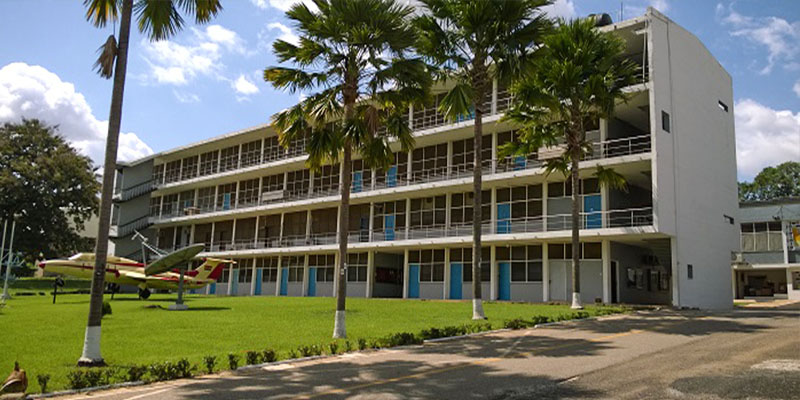Civil Engineering is a pivotal field in shaping the infrastructure and development of nations. If you aspire to embark on a journey in this dynamic profession, the Kwame Nkrumah University of Science and Technology (KNUST) offers a distinguished BSc. program. Understanding the cut-off points and requirements for admission in 2023 is crucial. This article provides an overview of what you need to know to join this esteemed program.
Cut-Off Points for BSc. Civil Engineering at KNUST
The cut-off points for admission into the BSc. Civil Engineering program at KNUST is 09. The cut off points are determined by various factors, including the competitiveness of the applicant pool and the capacity of the program.
Academic Requirements
WASSCE/SSSCE APPLICANTS Entry Requirements
Core Subjects: Credit passes in English Language, Mathematics, and Integrated Science.
Elective Subjects: Credit passes in Physics, Mathematics and Chemistry.
BUY KNUST ADMISSION FORMS ONLINE
Also Read: KNUST BSc. Petroleum Engineering cut off points & requirements 2023
‘A’ LEVEL APPLICANTS Entry Requirements
‘O’ Level: Credit passes in FIVE (5) subjects including English Language and
Mathematics, and
‘A’ Level or equivalent: Either credit passes in Pure Mathematics, Applied Mathematics, and Physics with an ‘O’ Level credit in Chemistry, OR
Mathematics, Physics and Chemistry.

Also, you’ll need Credit passes in Mathematics, Applied Mathematics, and Physics with credit in ‘Chemistry at O’ Level.
MATURE APPLICANTS Entry Requirements
Applicants must be 25 years at the time of s the application.
EITHER credit passes in Five (5) subjects at the ‘O’ Level including English Language, Mathematics, Physics and Chemistry, OR
Credit passes in THREE (3) WASSCE/SSSCE Core Subjects- English Language, Mathematics and Integrated Science, and credit passes in Mathematics, Physics and Chemistry.
HND Applicants
Admission would be based on assessment of Academic Transcript.
Applicants must satisfy the requirements for either WASSCE/SSSCE or ‘A’ Level
Other Considerations
Transfer Students: If you are transferring from another institution, it is essential to have a strong academic record in relevant courses. Additionally, you may be required to provide transcripts and course outlines for evaluation.
International Students: International applicants should ensure that their qualifications are equivalent to the Ghanaian educational system. This may require submitting certified copies of transcripts and certificates along with proof of proficiency in English.
Application Process
Application Forms: Obtain and complete the official KNUST admission forms for the 2023 academic year. These forms are typically available online through the university’s official website.
Submission of Documents: Along with the application form, you’ll need to submit copies of your academic certificates, transcripts, and any other required documents.
Application Fee: Pay the prescribed application fee, which covers the processing of your application.
Conclusion
Embarking on a career in Civil Engineering at KNUST in 2023 requires a combination of academic excellence and adherence to specific application procedures. By understanding the cut-off points and requirements outlined in this article, you are well on your way to joining the ranks of aspiring civil engineers at one of Ghana’s premier institutions.















